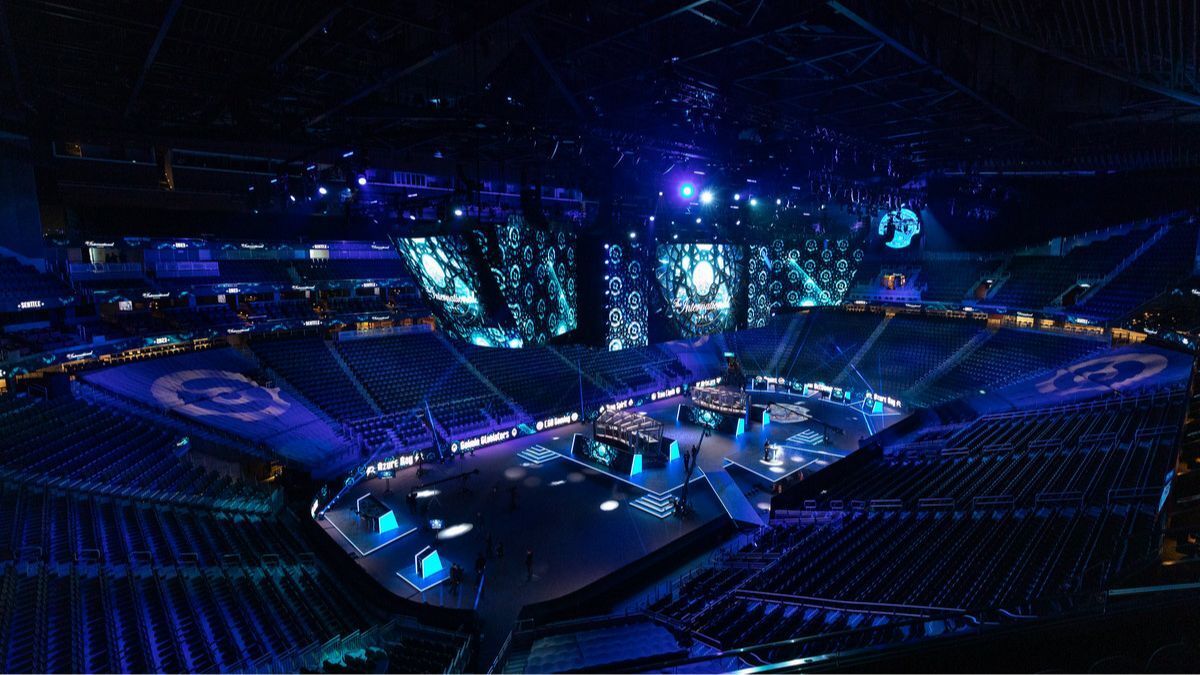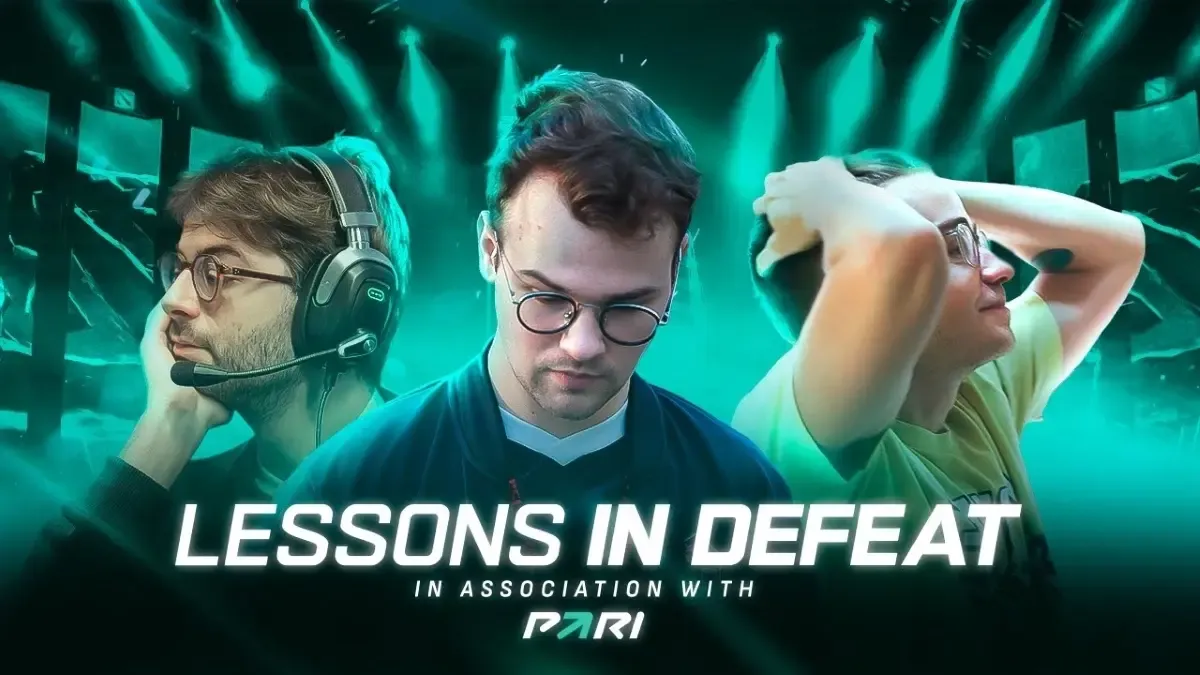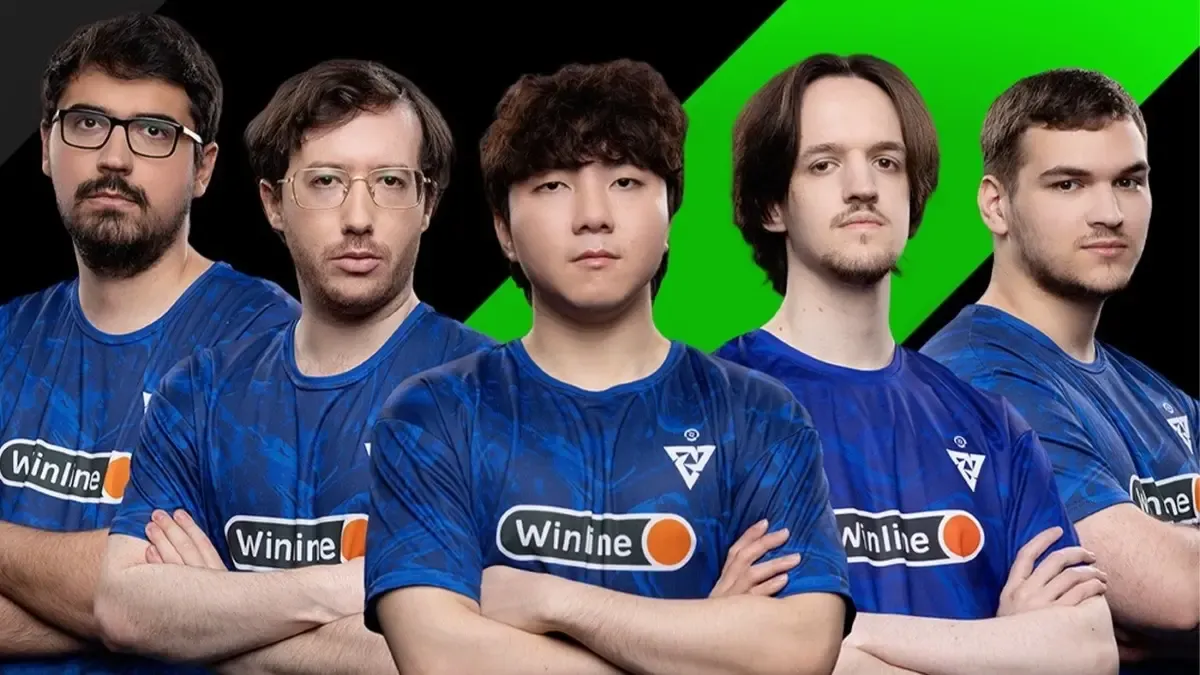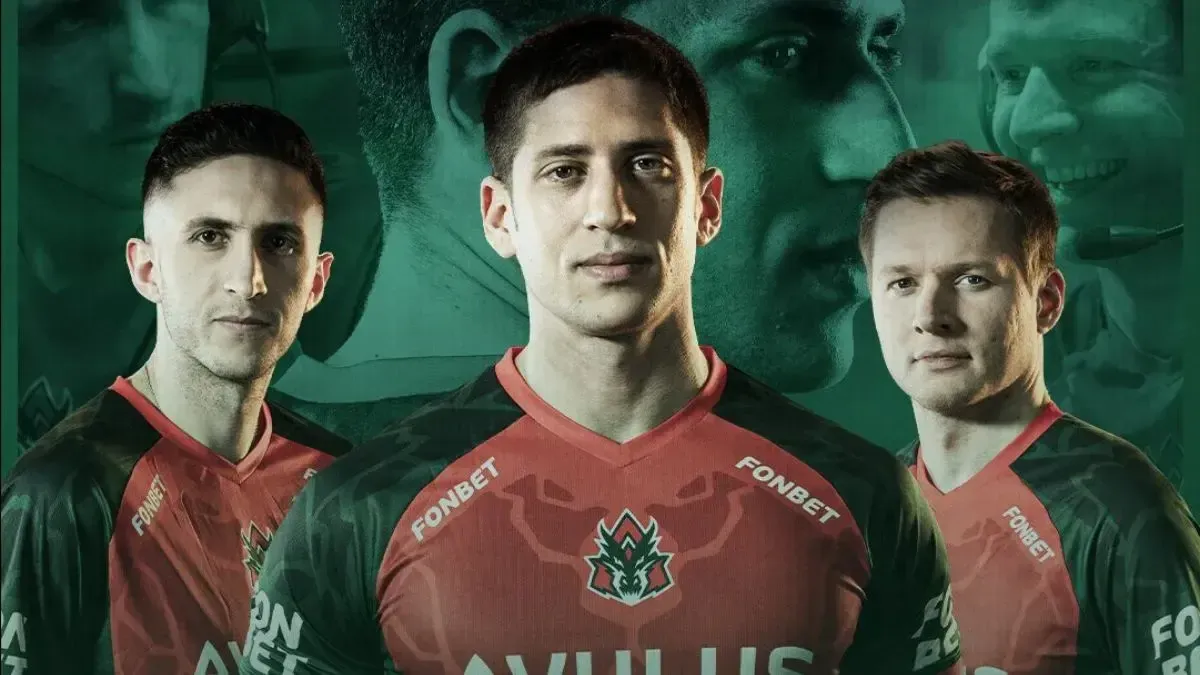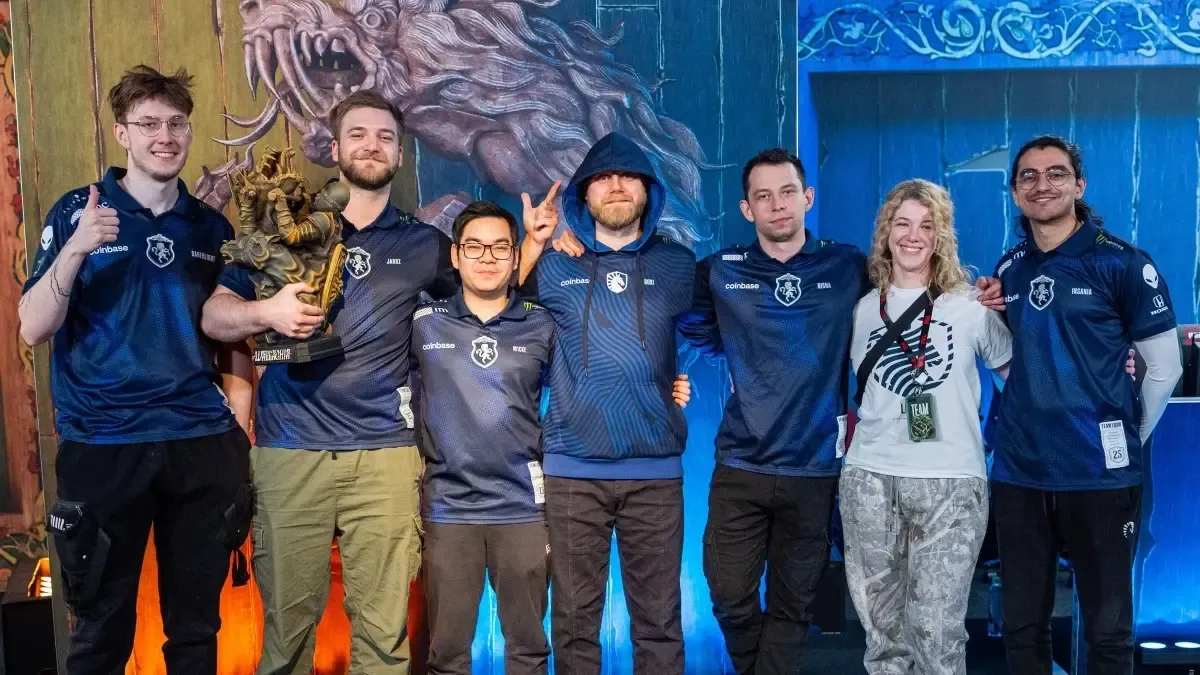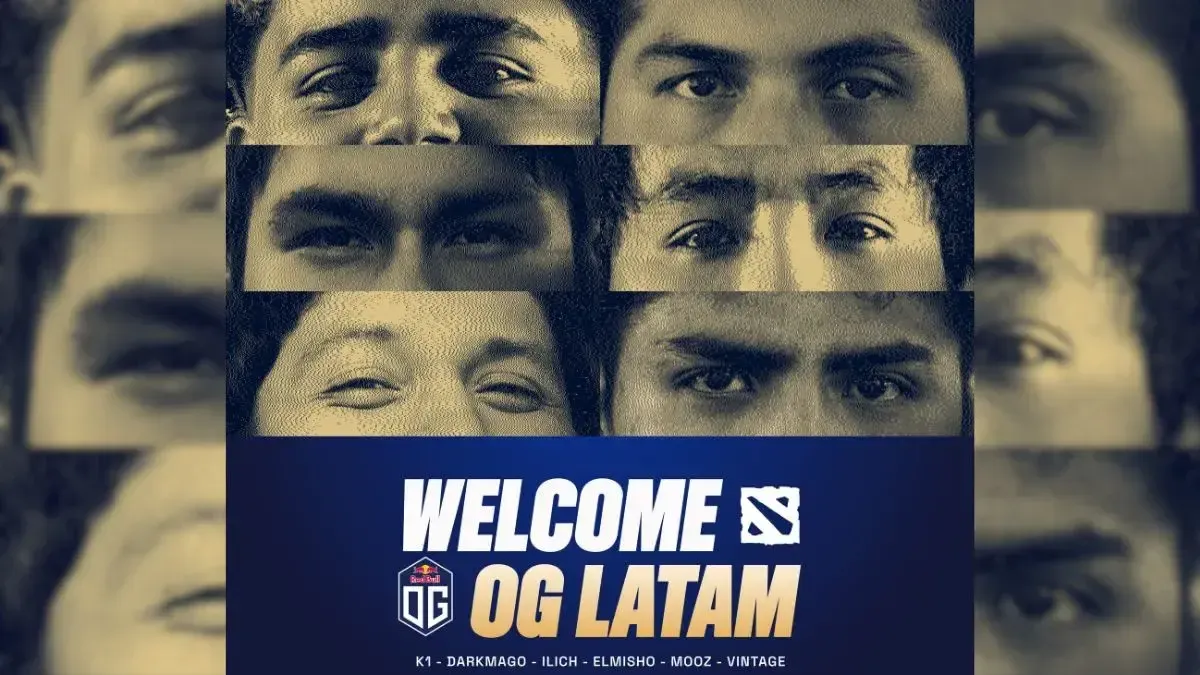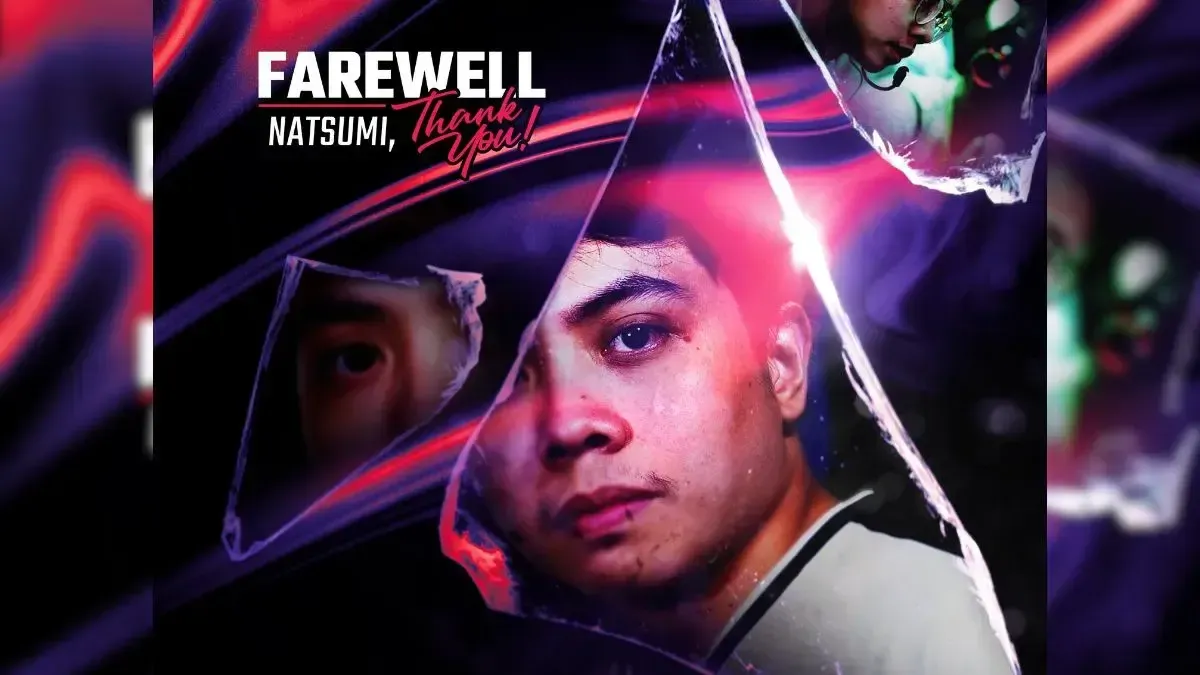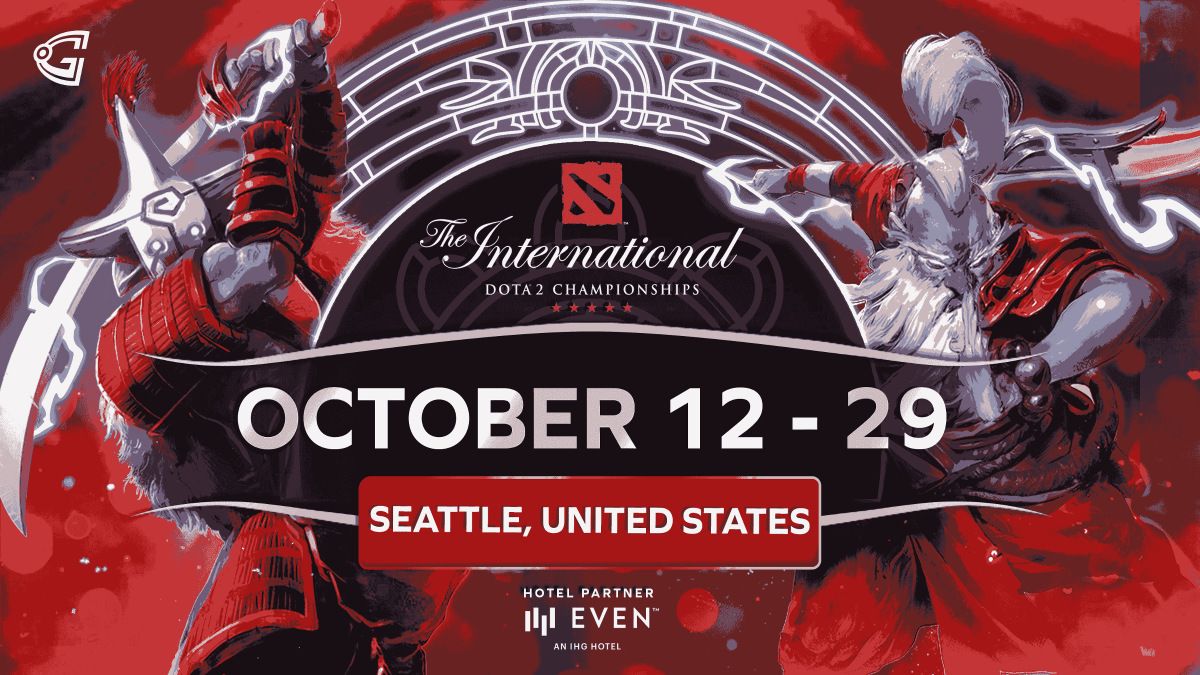Venturing into the realm of Dota 2's professional echelons demands sacrifices and challenges in the pursuit of glory. Is it worth it? We asked the pros.
In the shadowy realm of professional gaming, Dota 2 beckons with promises of fame and fortune, its allure casting a spell over spectators and aspiring players.
Becoming a professional Dota 2 player offers a unique blend of adrenaline-fueled competition, the potential for lucrative earnings, global recognition, and the chance to engage with a passionate community of gamers. The magnetism lies in the opportunity to transform a passion for gaming into a fulfilling and financially rewarding career, charged by the pursuit of mastery and the thrill of competing on the world stage.
Moreover, the camaraderie forged within the Dota 2 community fosters a sense of belonging and shared purpose, elevating the appeal beyond mere gameplay to a realm of collective ambition and shared triumphs.
As the curtains rise at The International, the irresistible desire for a full-time immersion in the game intensifies. Amidst the dazzling lights, the resounding battle anthems orchestrated live, and the glimmer of the grand stage, an overwhelming blend of excitement and emotion envelops the senses, compelling one to heed the beckoning call of competitive fervor. And of course, the staggering prize pools and a chance to hold the Aegis of Champions is what it is all about in the end.
Approximately a half-million gamers around the world play Dota 2 in any given month. Only a few hundred — maybe 1% actively aspire to be professionals. Even fewer are professionals.
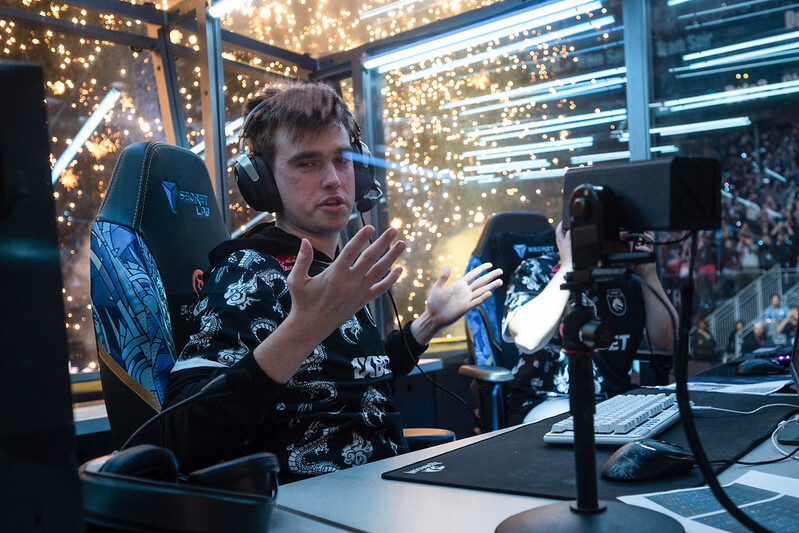
Sacrifices to become Dota 2 professional player
Yet, as players navigate the treacherous terrain of dreams versus reality, the haunting question persists: is the pursuit of Dota 2 glory worth the sacrifices it exacts?
Becoming a professional Dota 2 player transcends mere in-game prowess; it embodies a relentless pursuit that demands unwavering dedication and personal sacrifice. This journey often entails applying the grinding method to real-life, with professional gamers devoting up to 12 hours daily to play, practice, and hone their skills. Unfortunately, this rigorous grind frequently results in the sacrifice of crucial family events and the deterioration of relationships, if not their outright absence.
Education
Frequently, the pursuit of a professional gaming career prompts individuals to postpone or completely halt their education, raising valid concerns. With the average career span typically lasting less than a decade, often occurring within the narrow age range of 17 to 30 years, the potential impact on long-term educational prospects cannot be overlooked. The fleeting nature of a competitive esports career necessitates careful consideration of the long-term implications, urging players to weigh the significance of educational attainment against the immediacy of gaming success.
Finances
Regrettably, Dota 2's focus remains primarily fixed on a select few top-tier teams, leaving many aspiring players disillusioned and empty-handed after years of sacrifice. To attain success, aspirants must embrace an arduous journey marked by hustling, sacrifice, self-promotion, and an unwavering hope for luck.
While the Dota 2 pipeline, once thriving with opportunities for exposure, base salaries, and tournaments, has seen a decline since the inception of the Dota Pro Circuit (DPC) system, concerns about financial sustainability for tier 2 teams and players continue to plague the scene, as highlighted in previous exclusive features for the site.
Former Tier 2 players-turned elite stars such as Cr1t, Yapzor, rodjer, and solo, who initially played for teams like Balkan Bears, ProDota Gaming, and RoX, eventually found their way to larger and more prominent teams.
As explored previously in a GosuGamers editorial feature about the Tier 2 scene, the gradual decline of the tier 2 landscape had been a recurring theme in recent years, with players like Rasmus Johan “Chessie” Blomdin and Rafał "eL lisasH" Wójcik shedding light on the lack of financial sustainability and its adverse effects on the overall health and development of the Dota 2 competitive scene.
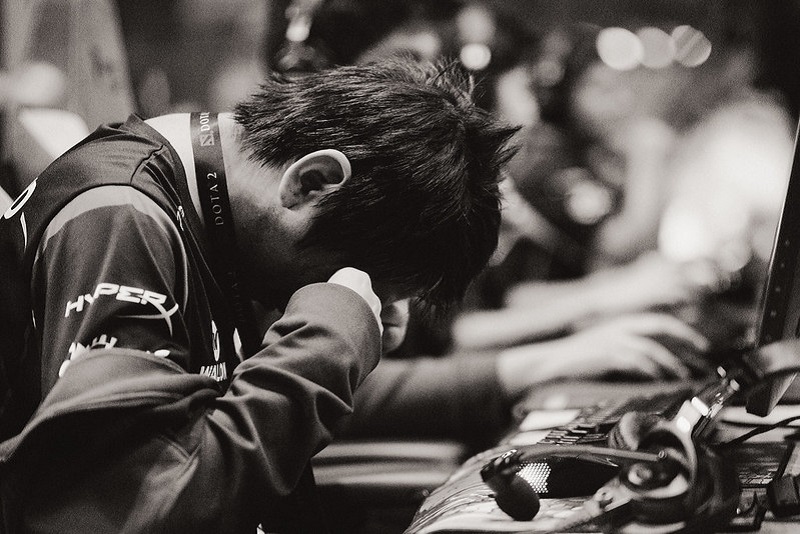
Health tolls
Mental health issues and concerns have been on the rise over the last few years. A new study found that top esports players are facing the same level of mental health issues as athletes. Researchers at the universities of Winchester and Chichester said that improving the well-being of gamers should be made a priority as it is for other professional sports including football.
"Findings provide preliminary evidence to address the specific stressors, including personal concerns and in-game pressure, that are associated with aspects of mental ill health, which have meaningful implications for the prediction of long-term mental health in esports athletes."
Austin "Cap" Walsh opened up on an uphill battle he is fighting Primary Sclerosing Cholangitis, “a rare, chronic, and progressive liver disease that currently has no cure.” The symptoms which had worsened over the last several years were believed to be caused by either catching COVID at TI10 or intolerance at some of the prescribed medicine. It eventually got Cap to a point where he had to wear diapers during ESL One Malaysia LAN event as the disorder progressed to incontinence.
In the tumultuous realm of professional Dota 2, the pursuit of gaming glory stands as an alluring yet demanding odyssey, requiring sacrifices that extend far beyond the in-game battlefield. While the allure of fame, financial rewards, and a passionate community remains a compelling force, the journey to esports stardom demands a profound assessment of the trade-offs and long-term implications.
As the Dota 2 landscape continues to evolve, the need for sustainable structures that support the growth and well-being of both aspiring and established players becomes increasingly paramount. Beyond the glitz and glamour of competitive gaming, the true measure of success lies not just in the trophies hoisted, but in the cultivation of an ecosystem that nurtures the holistic development of its players, safeguarding their futures beyond the ephemeral highs of victory.
Professional Dota 2 Players Talk about the Sacrifices
We asked some of the top professional players what those sacrifices are and if they would encourage or allow their kids to pursue the same dream.

